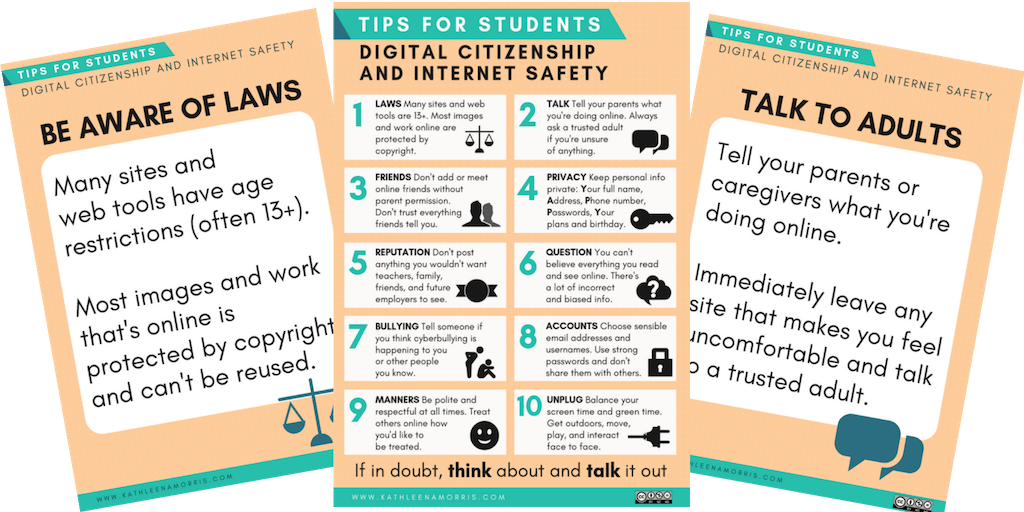Knowing what to do and what not to do at all times is something that we all learn throughout life, we human beings live in a process of continuous learning, but it is in childhood that the foundations of education and personality are laid. A seed is planted that will grow tomorrow. A solid foundation of self-confidence and a sense of responsibility will be essential to achieving happiness in adulthood.
Having control over one’s life and actions, knowing where the limits are and valuing our ability to move forward are undoubtedly the values that every parent wants to instill in their children, but how do they do it?
- On several occasions.
- We fall into the mistake of overprotecting children.
- Believing that constantly helping them.
- Monitoring each of their steps.
- Or doing things for them are consequences of our love.
- But our mission is to educate people for tomorrow; Independent and mature people who know how to act for themselves.
- Be aware of it and understand how to achieve it is essential to make our children happier.
Responsibility is one of the most important virtues of human development, it is the most appropriate way to have control of our lives, it makes no sense to start instiling this dimension in our children from the age of five or six, at all. Responsibility must be developed in the first months and from the earliest years. What you can touch and what you can’t. Toys must be recovered after playing. They can’t yell at the elders. They should keep the clothes in the closet and leave the backpack ready for the next day, small things that can be demonstrated from the first moment the children start interacting with their surroundings.
Our home and school are clear examples of society, and we all know that in our society there are rules, obligations and rights, marking limits is a vital necessity, since the child will learn from a very young age what is expected of him at all times. . Living in uncertainty offers no security. If one day we punish our son for not organizing his room, but the next day we let him go, he certainly won’t take our rules seriously and won’t worry about the consequences of his rape.
The rules must be clear and stable over time, once children respect them they will become a habit, in something understood and internalized, the purpose of the rules is to be understood and assimilated, that is, even if they are imposed, they must be reasonable. “I understand that when I get home, I have to do my homework and then have free time to play and watch TV. “In other words, all established rules must be well understood by children. Taxes will never be well received, but if the rules are accompanied by good communication and a democratic point of view, everything will be more favourable.
As mentioned above, the need to set standards and limits is crucial, and also to maintain them consistently over time. A rule is not a penalty. Making the bed and getting up in time to go to school is not a punishment, there are those who think that it is necessary to reward each of the good works of children, but the objective is that they understand their responsibilities and there is no reason to reward them for it.
The reward must be internal, that they themselves understand that they are doing things right How do I get it?I share one: “Am I proud of you?This is, for example, the best recognition we can give them.
When children do something wrong or exhibit insensitive behavior, it is also not appropriate to use a very punitive punishment. We will continue to use democratic education: we must teach them to improve, to think with them before establishing a “law. “why your behavior should improve. As long as they show responsibility, we’ll give them more rights, more opportunities.
Being responsible is a demonstration of maturity and, without a doubt, the key to our role as parents, raising responsible, independent and mature children to integrate perfectly into society, to be happy in a world they understand and in which they can evolve perfectly.

